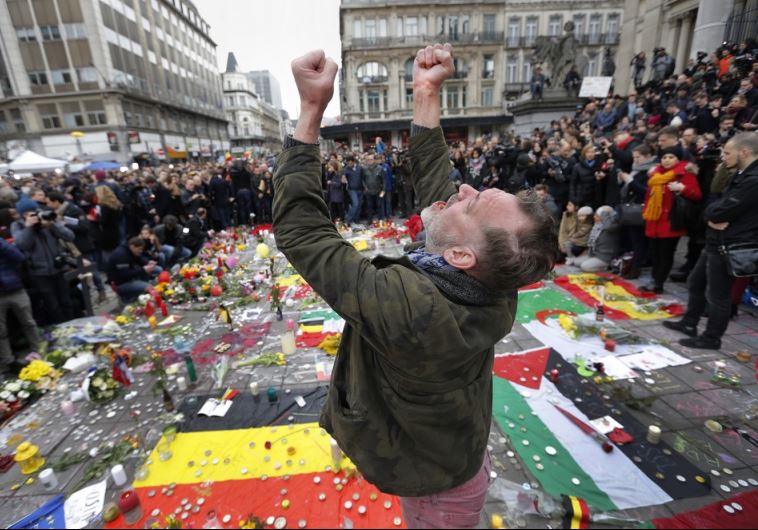Belgium not cooperating with US on counter-terror efforts, official says
The brush-off was one small sign of mounting US frustration over Brussels' handling of its worsening Islamic militant threat.
 A man reacts at a street memorial following Tuesday's bomb attacks in BrusselsUpdated:
A man reacts at a street memorial following Tuesday's bomb attacks in BrusselsUpdated: